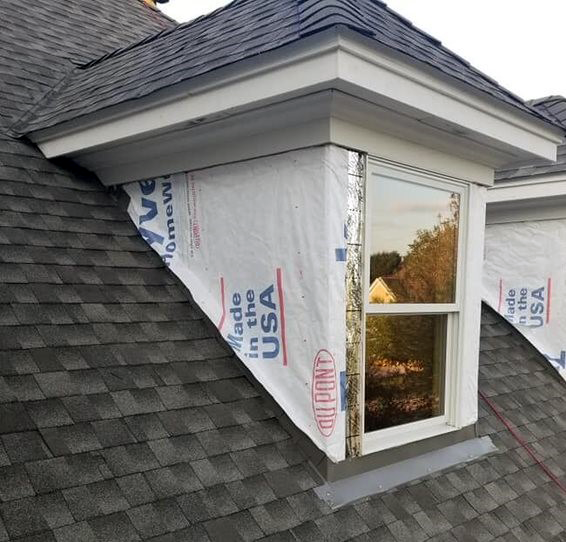
Types of Roof Flashing Evergreen Construction Company Inc.
The copper roofing pans are turned up on the vertical wall to form a base flashing extending at least 9" up the wall where they are cleated. Copper flashing, held by a receiver at the top, is locked into a locking strip soldered to the base flashing. The counterflashing overlaps the base flashing by at least 4".

Roof flashings BRANZ Build
Roof Materials Expenses Associated with Flashing Installations and Repairs. The national average cost to hire a roofer to replace the flashing, shingles, and to seal a leak in a small area of the roof is between $300 and $1,100. Larger roof fixes can cost between $1,100 and $1,500+. New Shingle Roof.

Roof Flashing What It Is and How It Works The Ultimate Guide
The pitch pan corners should have a 2-inch radius and are lapped a minimum of ½ inch. There should be a minimum 4-inch flange at the perimeter of the pan that serves as a base over the membrane surface. The membrane should be set to the opening with manufactured-approved flashing applied at the perimeter of the pitch pan covering the flange.
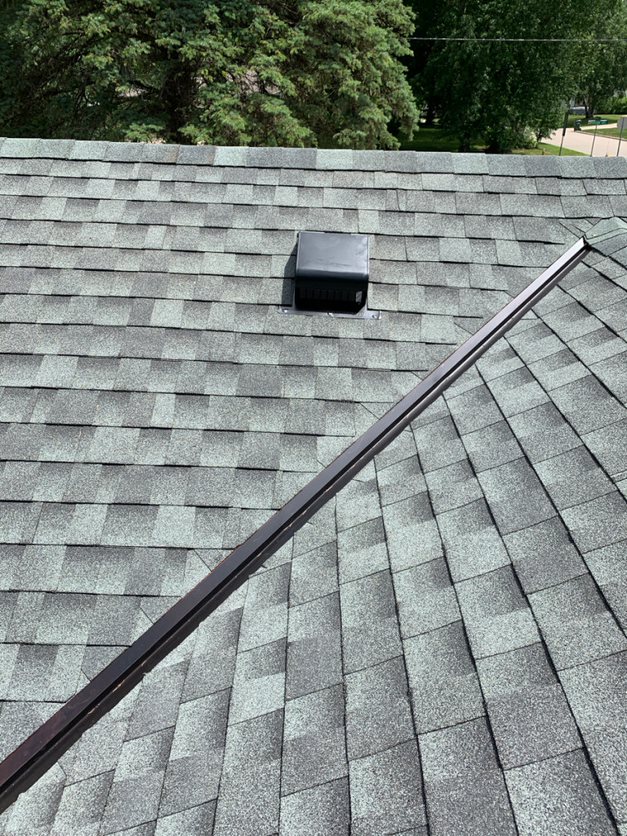
Types of Roof Flashing Evergreen Construction Company Inc.
Roof flashing is a thin layer of metal sheeting used to direct water away from seams and joins, where moisture could penetrate the roof and cause water damage . A dry pan flashing is a metal flashing which covers over a roof sheet across the width of a penetration. Pan refers to the valleys or dips in the corrugations of the roof sheeting. A.
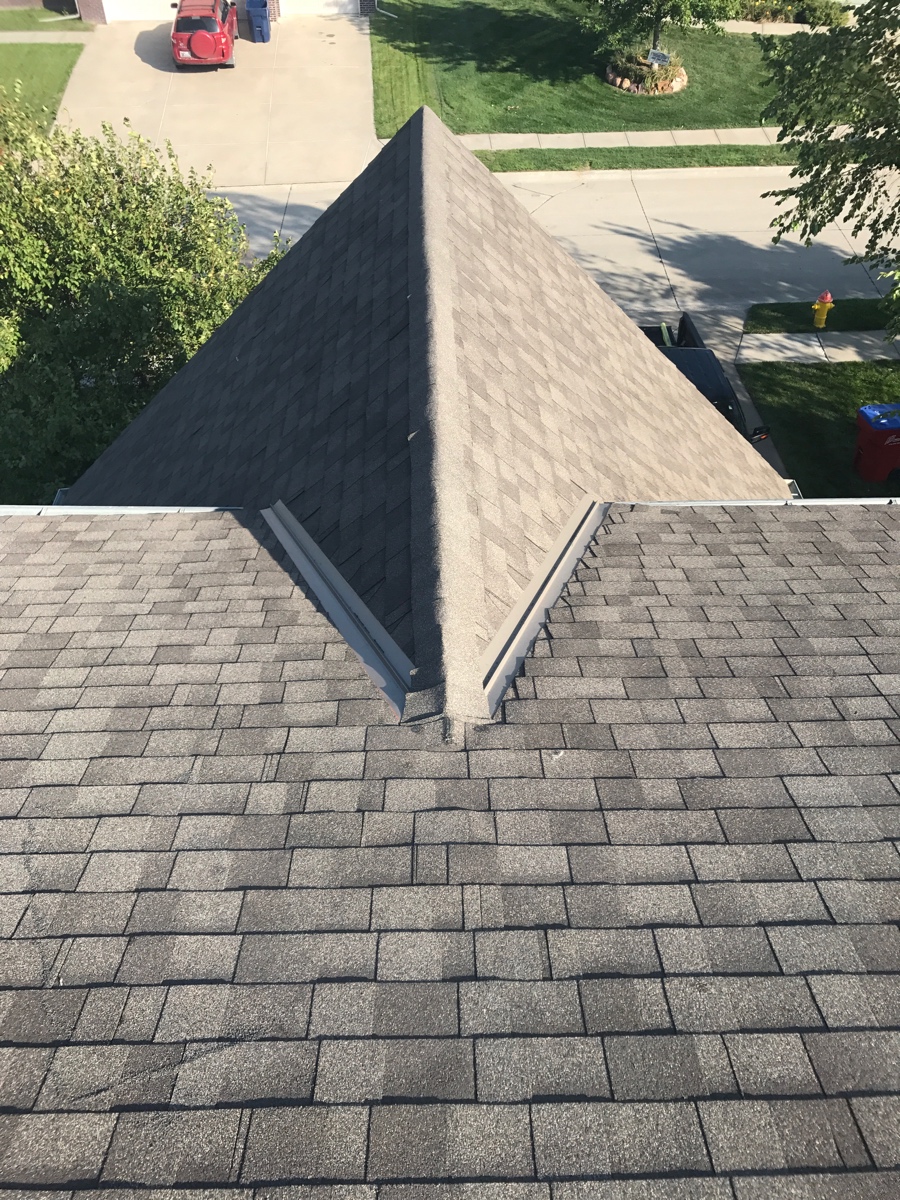
Learn the Lingo Roof Flashing Aspen Contracting
Roof flashing - Placed around discontinuities or objects which protrude from the roof of a building to deflect water away from seams or joints and in valleys where the runoff is concentrated. Wall flashing
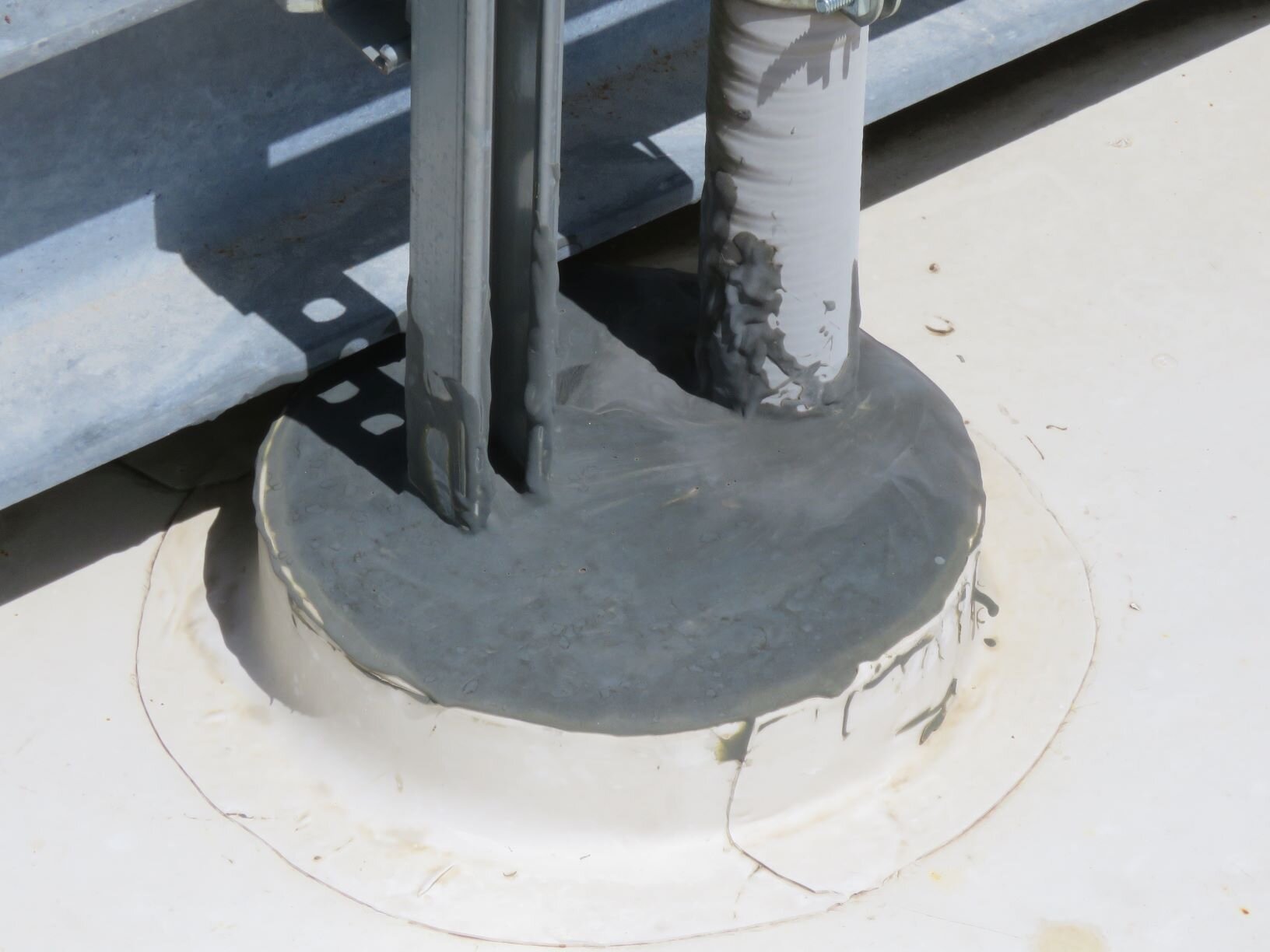
Pitch Pan (Pitch Pocket) • Roof Flashing Explained
How to cut lead flashing Here at Roofing Superstore, we offer a cut-to-size service for your lead flashing requirements, allowing you to minimise time and labour spent on cutting lead flashing on-site, as well as minimising waste.

Roof replacement cost Leaf guard gutters cost Affordable roofing Logan, Ipswich, Beaudesert
Range Of Drainage Products & More Online At Amazing Prices With Finance Available. Choose From A Selection Of Top Branded Products & More Delivered To Your Door.
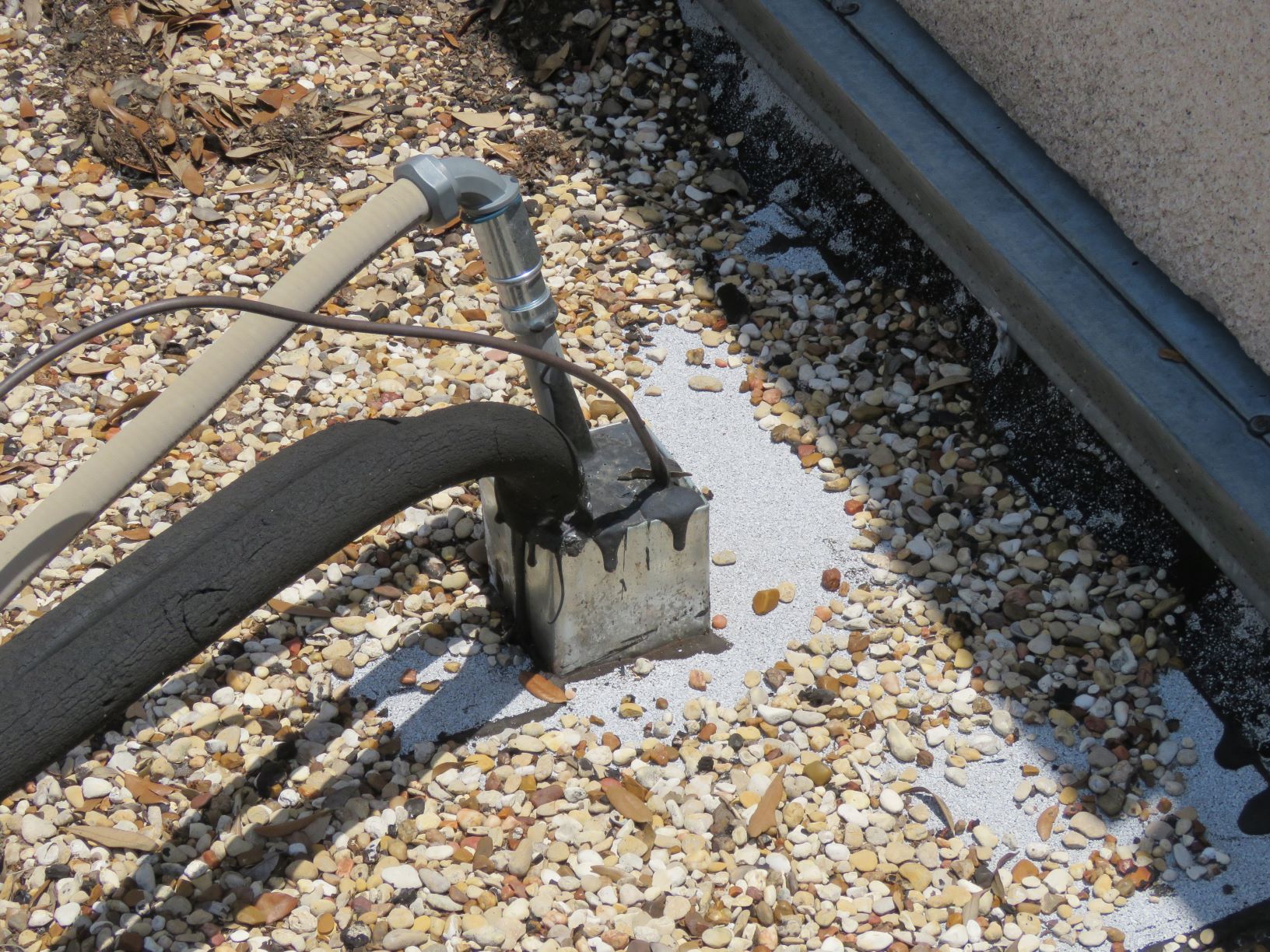
Pitch Pan (Pitch Pocket) • Roof Flashing Explained
to all pans of the roof sheet to avoid flooding of the laps. • Can be ordered in kit form, off a plan, months in advance. • No site measure is required, saving time on site.. roof penetration. DRY PAN FLASHING AT 175MM PER HOUR RAINFALL INTENSITY 7 All water directed to adjacent pans, well and

Ultimate Guide To Roof Flashing
A lap is the part of a flashing that covers (or overlaps) any part of the similarly shaped component, and these can be described as an end lap, overlap or underlap. Laps should comply with the following criteria: • an overlap must run over (not under); • an overlap must run downhill (the direction of the water flow);
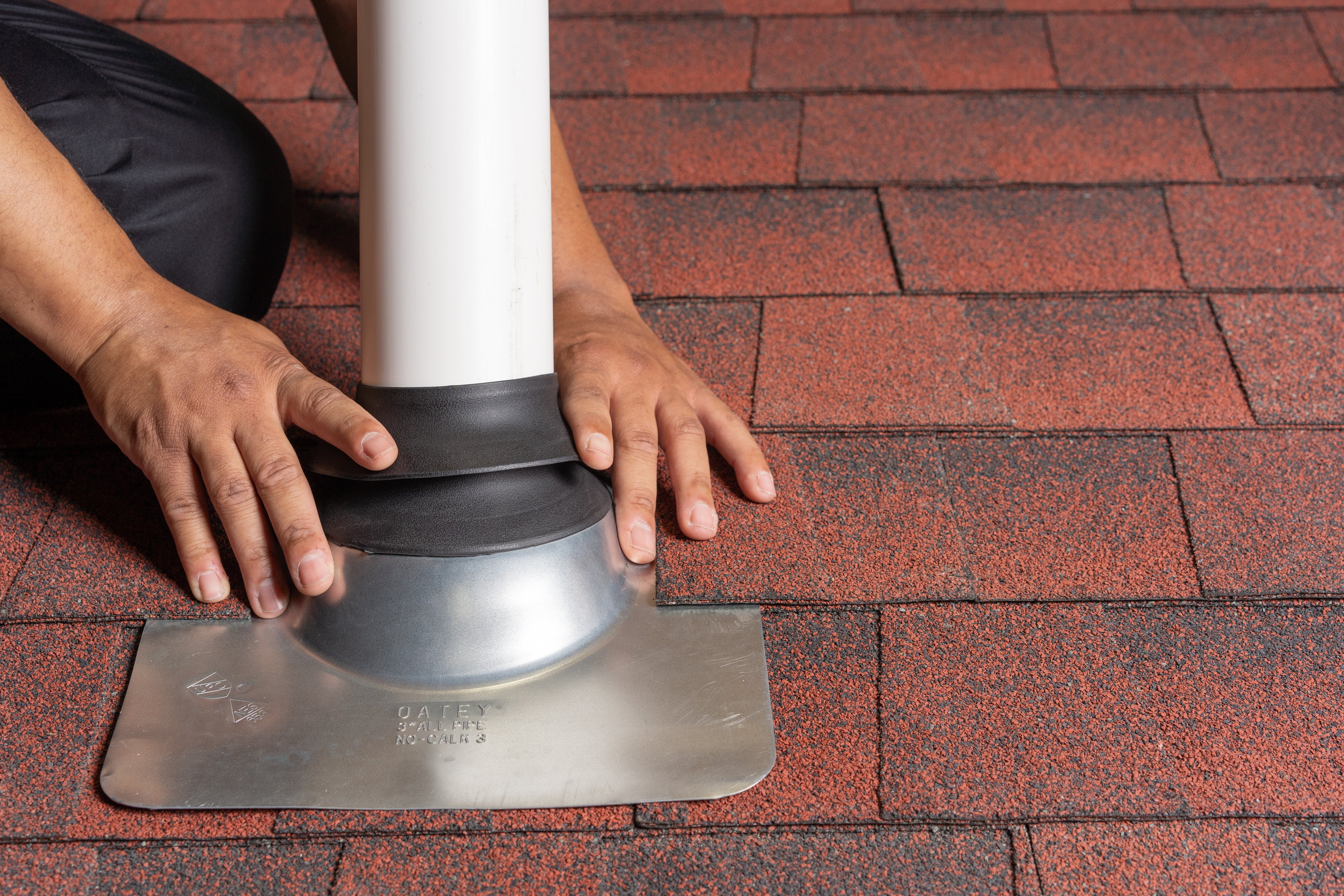
How To Properly Install Roof Flashings Oatey
The RDP Tile Pan Flashing is a transition flashing, that means it is most commonly used in side wall or end wall applications. It is a really great way to prevent water infiltration on those intersections. The RDP Tile Pan Flashing is made with heavy duty, 28 gauge, galvanized steel.

Flashing —
A pitch pocket is a type of roof flashing for small or irregular roof penetrations. Pitch pockets look like boxes, rings, or cylinders made out of sheet metal (normally galvanized steel) or a pre-molded polymer. Although they are usually open at the top, some specifiers require pitch pockets to have covers on them for added weather protection.

Lead flashing on pan tile roof Stock Photo Alamy
Flashings play a vital role in keeping water out of buildings. Follow this useful guide to check the requirements for roof flashings in Acceptable Solution E2/AS1. THE TYPE of roof flashings required depends on what part of the roof is being flashed and what the roofing material is. Apron flashings Horizontal apron flashings must:

Roof flashings BRANZ Build
2.6 MAXIMUM LENGTHS OF ROOFING The valleys (or pans) of roofing have to carry water to the gutters. If the valleys overfill in heavy rain, water can flow into the roof through the side-laps and flashings. Factors affecting waterproof and drainage capacity of the laps of a profile include: • the width and depth of the valleys or pans;

Guide to Roof Flashing Installation, Roof Flashing Repair & Types IKO
Tapered flashings that drain at the plane of the roof pan at the top, and over the ribs at the bottom. Also known as transition or 'under/over' flashings. Tapered or transition flashings • Provides greater water run-off capacity • Suitable for all roofs > 5°. • Can be used for a retrofit • Support required Type D
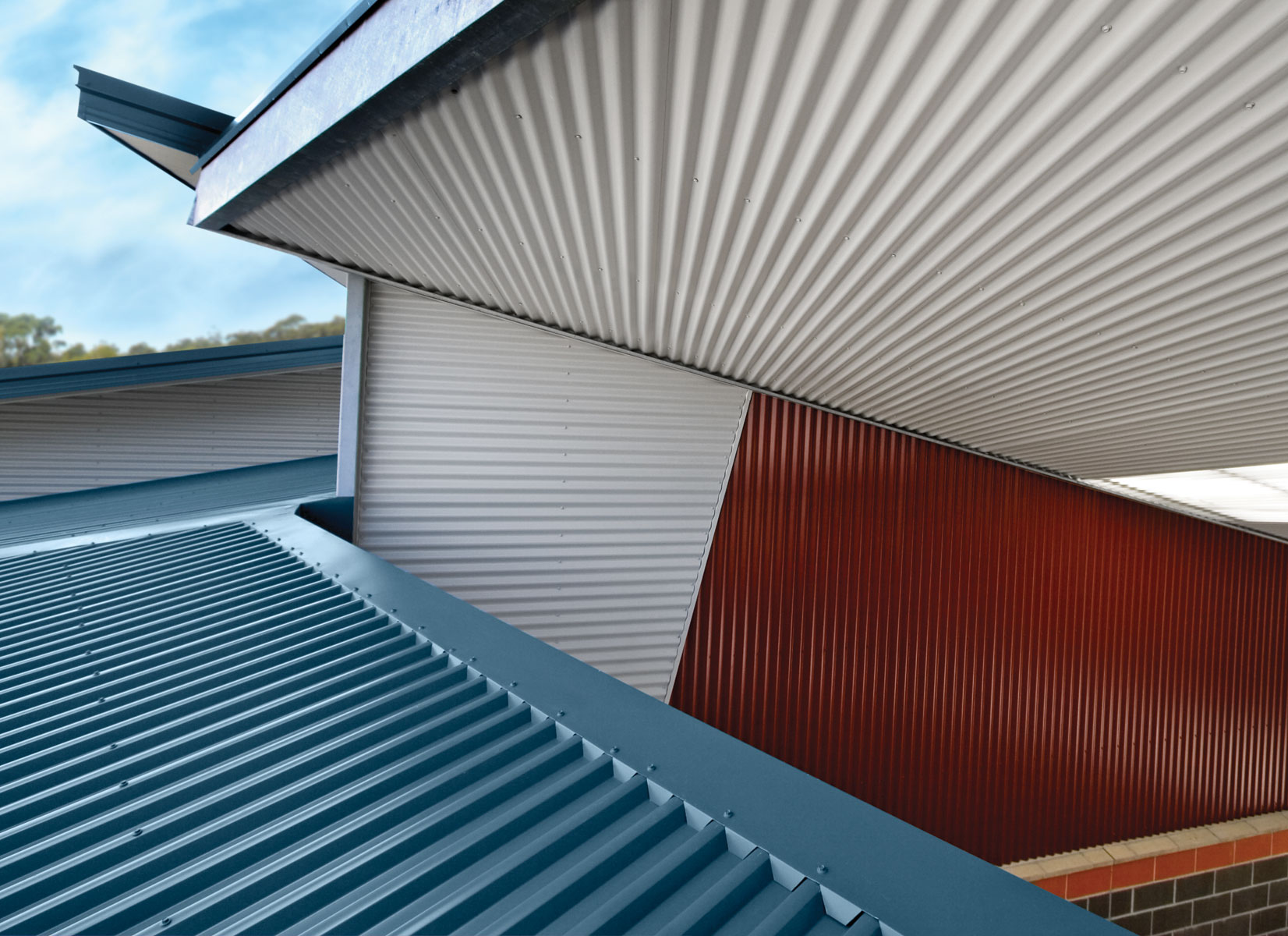
Flashings Stratco NZ
Roof flashing is a thin material, usually galvanized steel, that professional roofers use to direct water away from critical areas of the roof, wherever the roof plane meets a vertical surface like a wall or a dormer. Flashing is installed to surround roof features, such as vents, chimneys and skylights.
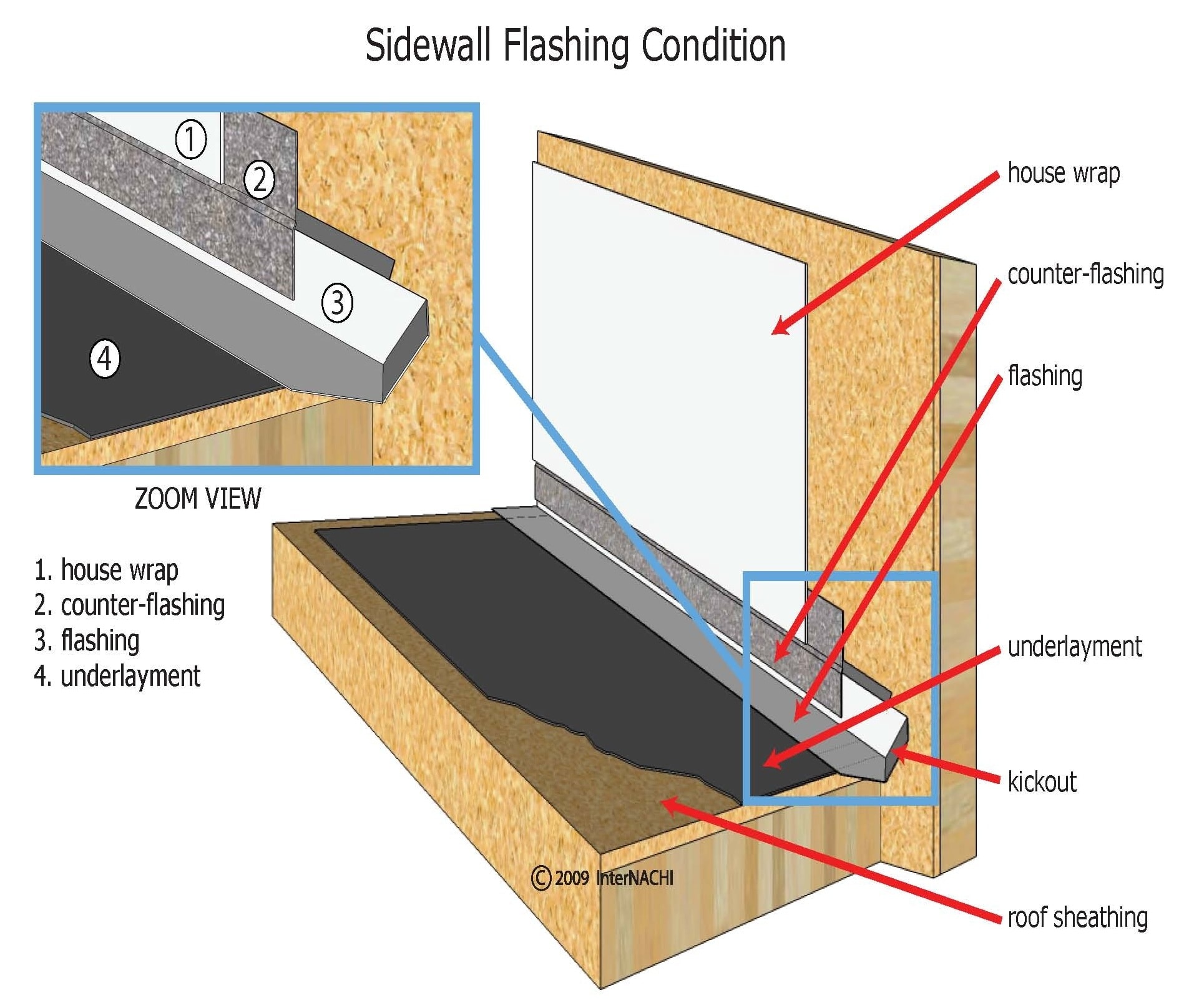
Flash a roof
Roof penetration system. Unlike unattractive and poorly performing dry pan flashing, the patented Pop Up Penetration™ system, exclusively distributed by Lysaght, facilitates the even flow of rainwater where roof penetrations are located thanks to a unique and elegant design which ensures a long run roof carries water away evenly and efficiently.